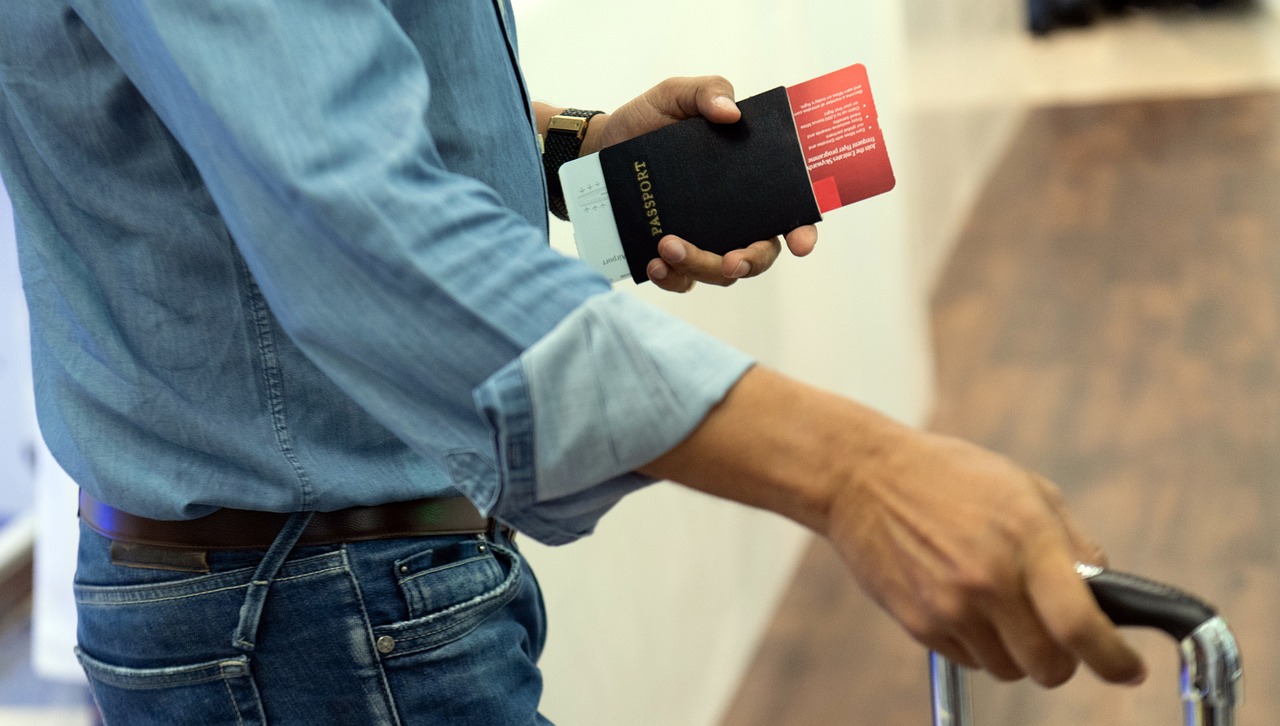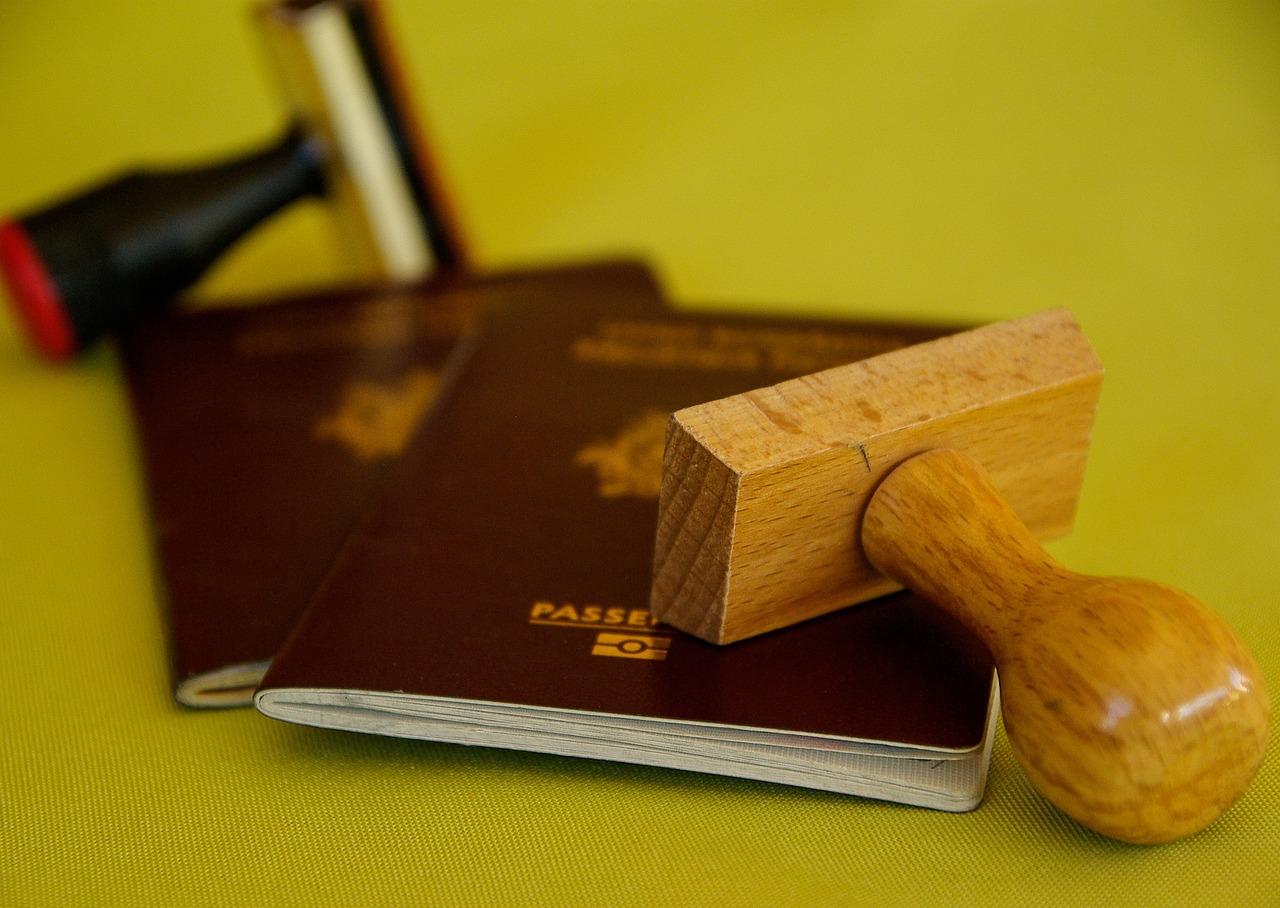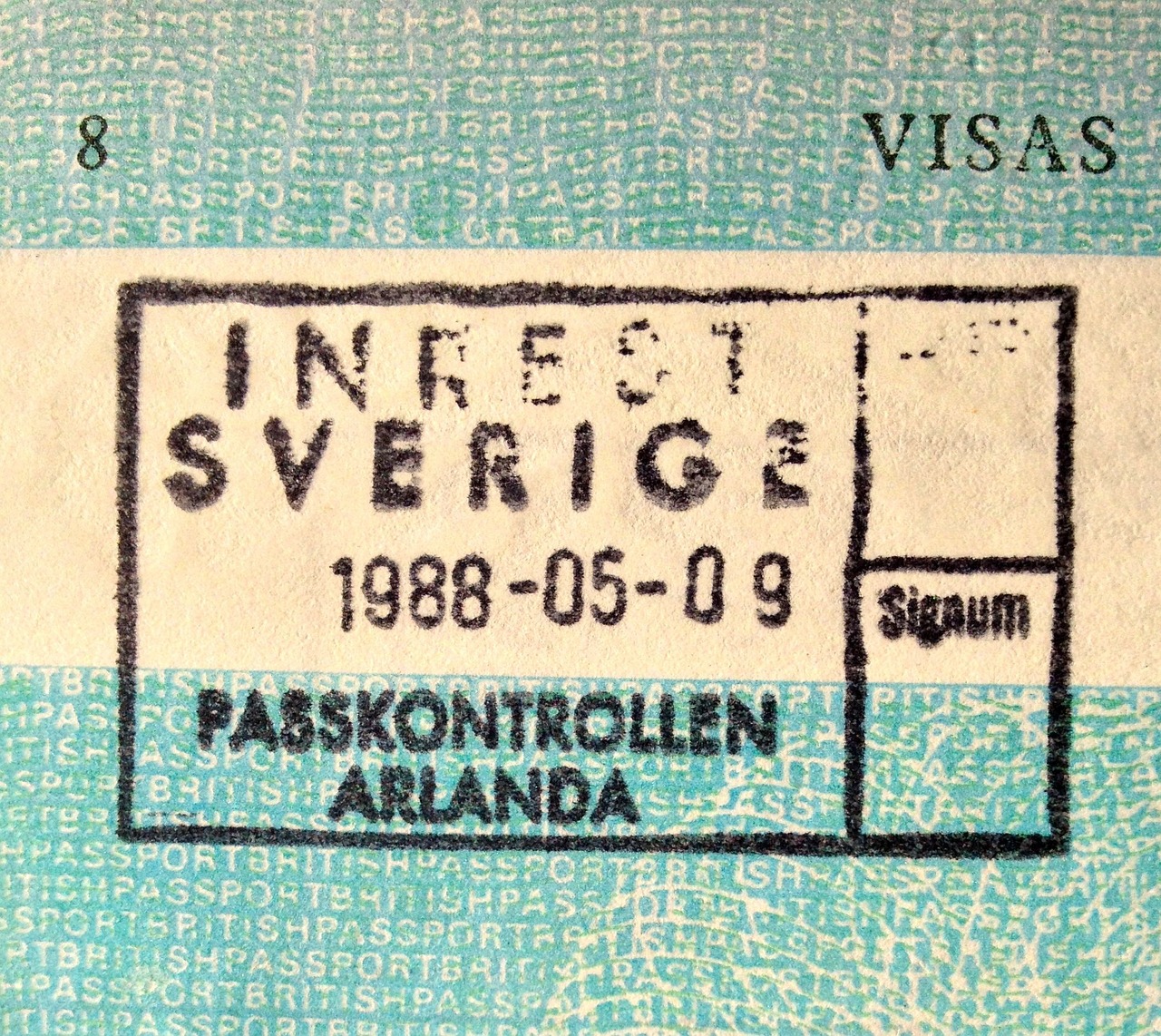What to Do If Your Rwanda eVisa Application is Denied
Discovering that your Rwanda eVisa application has been denied can be disappointing and frustrating. However, it is essential to understand the steps you can take to address the issue and reapply successfully. This guide will walk you through the necessary actions to take if your application is denied, from understanding the reasons for denial to exploring alternative visa options. By following this comprehensive guide, you will be better equipped to navigate the eVisa application process and increase your chances of approval.

Understanding Rwanda’s eVisa Application Process
Overview of Rwanda’s Visa Policy
Rwanda’s visa policy is designed to facilitate travel for tourists and business visitors. The Directorate General of Immigration and Emigration oversees the application and issuance of visas. Citizens of African Union, Commonwealth, and La Francophonie member countries enjoy visa-free entry. Other nationalities need to apply for a visa and pay the necessary fees. Understanding these policies is crucial to avoid application errors.
Types of Visas Available
Rwanda offers several visa types to cater to different needs. These include Transit, Tourist/Holiday, East African Tourist, and Group Tourist visas. Each visa type serves a specific purpose and has unique requirements. The East African Tourist Visa, for instance, allows you to visit Rwanda, Kenya, and Uganda with a single permit. Knowing the right visa type for your visit is the first step in a successful application.
Eligibility Criteria for Each Visa Type
Each visa type has specific eligibility criteria that applicants must meet. For example, a Tourist/Holiday visa might require proof of accommodation and a return ticket, while a Group Tourist visa is designed for organized groups. Meeting these criteria ensures a smoother application process. It’s essential to review the eligibility requirements to avoid application denial.
Visa Fees and Requirements
Visa fees for Rwanda vary depending on the type of visa you are applying for. The requirements include a valid travel document, recent photographs, and sometimes health and financial documents. Paying the correct fees and providing all required documents increases your chances of approval.
| Information | Description |
|---|---|
| Visa Policy | Overseen by the Directorate General of Immigration and Emigration |
| Visa-Free Entry | For citizens of African Union, Commonwealth, and La Francophonie member countries |
| Types of Visas | Transit, Tourist/Holiday, East African Tourist, Group Tourist |
| Eligibility Criteria | Specific to each visa type |
| Visa Fees | Varies by visa type |

Common Reasons for eVisa Denial
Incomplete or Incorrect Application Details
One of the most common reasons for visa denial is incomplete or incorrect information. Missing details or errors in your application can lead to automatic rejection. Double-check all information before submission to avoid such issues. Ensure that your application is filled out thoroughly and accurately.
Failure to Meet Eligibility Criteria
Another frequent reason for denial is the failure to meet eligibility criteria. Each visa type has specific requirements, and not meeting them can result in rejection. Review the eligibility criteria carefully before applying. Ensure all conditions are met to improve your chances of approval.
Insufficient Supporting Documentation
Providing insufficient or incorrect supporting documents can also lead to denial. Required documents can include proof of accommodation, a return ticket, or financial statements. Ensure all required documents are submitted and are up-to-date. Missing or outdated documents can be a significant barrier to approval.
Health and Financial Requirements
Health and financial requirements are crucial for visa approval. You might need to provide proof of vaccinations or financial stability. Meeting these requirements is essential for a successful application. Always check the latest health and financial criteria before applying.

Steps to Take If Your eVisa Application is Denied
Review the Denial Notice
The first step after a denial is to review the denial notice carefully. The notice will typically outline the reasons for denial. Understanding the specific reasons for your denial is crucial to address the issues effectively. Take note of any missing information or documents mentioned in the notice.
Identify and Address the Issue
Once you understand the reasons for denial, identify the specific issues that need to be addressed. This could be anything from incomplete application details to missing documents. Addressing these issues increases your chances of approval when reapplying. Make a checklist of the problems to ensure nothing is overlooked.
Gather Additional Documentation
If your application was denied due to insufficient documentation, gather any additional documents required. This could include updated financial statements, health records, or proof of accommodation. Having all necessary documents ready will facilitate a smoother reapplication process.
Reapply for the eVisa
After addressing the issues and gathering all required documentation, you can reapply for the eVisa. Ensure that all information is accurate and complete this time. Reapplying with a well-prepared application increases your chances of approval. Double-check everything before submitting your new application.

Contacting the Directorate General of Immigration and Emigration
How to Reach Out for Clarification
If you need further clarification on your denial, you can contact the Directorate General of Immigration and Emigration. They are responsible for handling visa applications and can provide detailed explanations. Reaching out for clarification can help resolve any confusion. Use the contact information provided on their official website.
Documentation to Provide When Inquiring
When inquiring about your denied application, be prepared to provide the necessary documentation. This includes your denial notice, application receipt, and any other relevant documents. Providing these documents will help the authorities address your concerns more efficiently.
Expected Response Time
The response time from the Directorate General of Immigration and Emigration can vary. Generally, you can expect a response within a few days to a week. Being patient and following up if necessary is important. Keep track of your inquiry to ensure it is addressed promptly.

Alternative Visa Options
Applying for a Visa on Arrival
If your eVisa application is denied, consider applying for a visa on arrival. This option is available to many travelers and can be a convenient alternative. Applying for a visa on arrival might be a quicker solution if you meet the criteria. Ensure you have all required documents and fees ready upon arrival.
Exploring the East African Tourist Visa
The East African Tourist Visa is another option worth exploring. It allows you to visit Rwanda, Kenya, and Uganda with a single visa. This visa is ideal for tourists planning to explore multiple countries. Check the specific requirements and eligibility criteria before applying.
Group Tourist Visa for Group Travels
For those traveling in groups, the Group Tourist Visa is a viable option. This visa is designed for organized groups of tourists. Applying as a group can simplify the process and increase your chances of approval. Make sure all group members meet the eligibility criteria.

Preventive Measures for a Successful Application
Thoroughly Check Application Before Submission
One of the most effective preventive measures is to thoroughly check your application before submission. Look for any errors or missing information. A well-checked application is less likely to be denied. Take your time to review every detail carefully.
Ensure All Requirements Are Met
Ensuring that all requirements are met is crucial for a successful application. This includes eligibility criteria, documentation, and fees. Meeting all requirements increases your chances of approval. Always double-check the latest requirements before applying.
Consult Official Sources for Updates
Visa policies and requirements can change, so it’s essential to consult official sources for updates. The Directorate General of Immigration and Emigration often updates their policies. Staying informed about any changes can prevent application errors. Check the official website regularly for the latest information.
